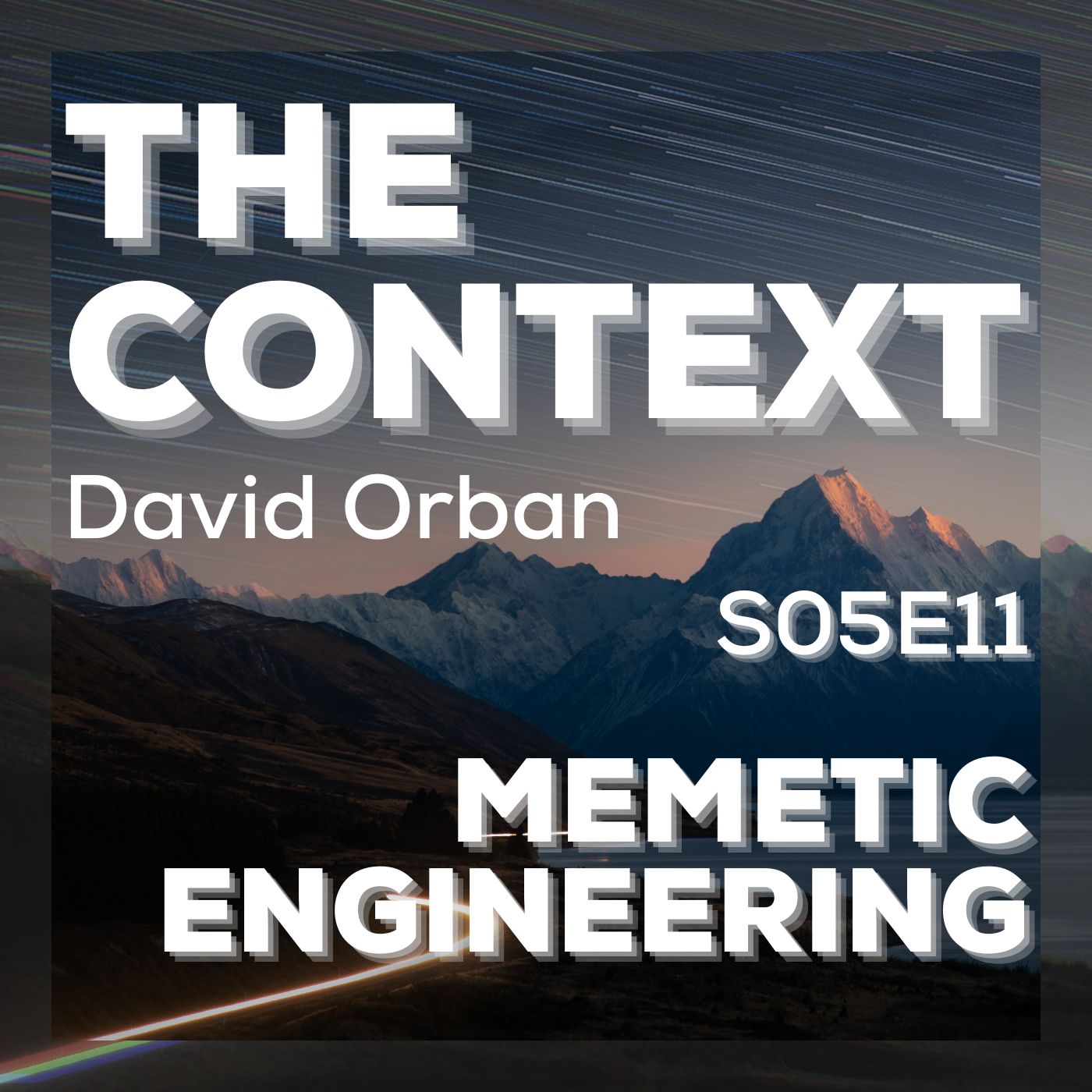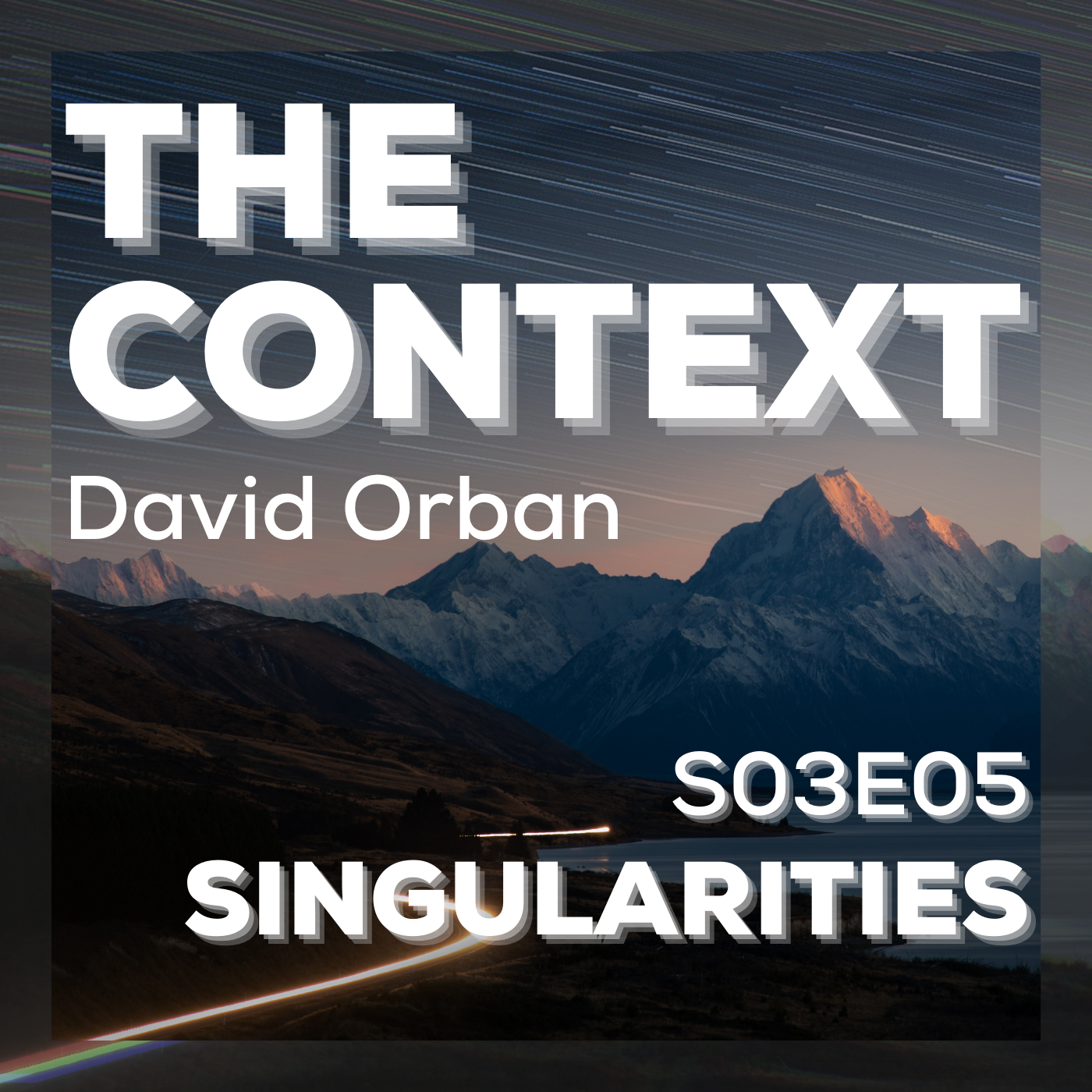After corporations and our democracies, Decentralized Autonomous Organizations (DAOs) promise to scale even further our ability to organize. The goal is to achieve our goals in a transparent and accountable manner, and in a flat partecipative structure that doesn't depend on the infallibility of anyone at the top.
The concept of DAO was born a few years ago on top of the Ethereum Blockchain, when its developers wanted to make a new way to invest in projects available to everyone, where the investors would not only passively make their funds available, but through a voting mechanism could decide which were the projects that deserved to receive the funds. The experiment wasn’t a success because the code on which it was based was defective due to many bugs, but it was an important initial test.
A DAO is not only for financing projects. There are many other use cases that can benefit from this kind of new organization; traditionally, we would tend to delegate the decision making to a single individual or a very small group of individuals, and one would think that this type of structure is necessary or maybe even optimal. It would appear very efficient on the surface, and that may be so in the short term. However, the danger is very clear: hierarchical organizations can efficiently make fatal decisions.
One of the challenges of DAOs is to make sure that human attention and participation is sustained; it is hard work, which requires a lot of effort. You could think of a DAO powered by humans as a Proof of Work consensus algorithm, because it requires a lot of energy and a lot of thinking brains are needed in order to form the decisions of the DAOs. But how about a DAO powered by machines? One that is composed of software and hardware to an increasing degree, where the decisions are not made by humans, but are made by machines. This can also be very interesting in many different ways.

The purchase of Twitter by Elon Musk is a concrete step in understanding how the evolution of ideas can be turned into mathematics and...

The names and labels that we give to things, allow us to concentrate our attention on their nature, guided by the intuition and the...

We live in glorious times. 1000 years from now people will look back and wonder: “How was it to live in the 21st century?”...